A Pocket Guide to Scientific Writing in Aquaculture Research
A Pocket Guide to Scientific Writing in Aquaculture Research 1st Edition:
Writing a high-quality scientific aquaculture publication is challenging, and many students and early career aquaculture scientists find the task daunting.
Expanding on his popular workshop on Improving Scientific Writing at the 2017 World Aquaculture conference, Rodrigue Yossa provides new researchers with all the tools they need to write abstracts and a variety of articles (peer-reviewed, technical, magazines, working papers, scientific reports and more). Moreover, he talks the reader step-by-step through the process of reviewing submitted manuscripts and replying to reviewers, and understanding research ethics. Each section is accompanied by examples, and attention is focused on providing advice on how to focus your paper and possible loopholes when writing.
This unique book offers a lifeline to aquaculture students and early career researchers getting to grips with the basics of science communication through writing.
Additional ISBNs:
∗ Print ISBN: 0367338882, 978-0367338886, 9780367338886
∗ eText ISBN: 100047318X, 978-1000473186, 9781000473186
Table of Contents
- Cover
- Half Title
- Title Page
- Copyright Page
- Dedication
- Table of Contents
- Foreword
- Preface
- Acknowledgments
- Author
- 1 Introduction
- 1.1 Why Writing Matters
- 1.2 Who Should Write Publications
- 1.3 What Is Writing Well?
- 1.4 What This Book Will Do for You
- 2 Principles of Scientific Writing
- 2.1 How to Frame and Focus a Paper
- 2.2 Loopholes That One Has to Consider When Writing
- 2.3 Is English Grammar (Including Tenses) a Problem?
- 3 Ethics in Scientific Writing
- 3.1 Being a Scientist
- 3.2 Originality of the Research
- 3.3 Citing a Source
- 3.3.1 Plagiarism
- 3.3.2 Rule for Properly Copying and Pasting Published Information
- 3.3.3 Rule for Properly Paraphrasing Published Information
- 3.3.4 Rule for Properly Translating Published Information
- 3.3.5 Self-Plagiarism
- 3.4 Animal Ethics
- 4 Writing a Peer-Reviewed Original Article
- 4.1 Defining the Problem
- 4.2 The Research Plan
- 4.3 Preparing a Manuscript
- 4.4 Organization and Formatting
- 4.4.1 Cover Page
- 4.4.2 Abstract
- 4.4.3 Introduction
- 4.4.4 Materials and Methods
- 4.4.4.1 Fish
- 4.4.4.2 Facility
- 4.4.4.3 Experimental Design
- 4.4.4.4 Feed and Feeding
- 4.4.4.5 Sample Collection and Analytical Procedures
- 4.4.4.6 Measurements and Calculations
- 4.4.4.7 Statistical Methods
- 4.4.5 Results
- 4.4.6 Discussion
- 4.4.7 Acknowledgments
- 4.4.8 References
- 4.5 Summary of Tips for Good Scientific Writing
- 5 Manuscript Submission
- 5.1 Choice of Outlet
- 5.2 Preparing/Formatting the Manuscript for Submission
- 5.3 Why Some Submitted Research Manuscripts Are Immediately Rejected
- 5.3.1 Is the Manuscript Complete?
- 5.3.2 Has All Identifying Information of the Co-authors Been Removed from the Manuscript Text?
- 5.3.3 Are All the Co-authors Listed in the Online Manuscript Submission System?
- 5.3.4 Are the Citation and Reference Styles Correct?
- 5.3.5 Are All the Changes Made on the Initial Manuscript Highlighted in the Revised Manuscript?
- 6 Reviewing a Manuscript for a Peer-Reviewed Journal
- 6.1 Editorial Board and Peer Review Process
- 6.2 The Principles of Manuscript Review in Aquaculture Research
- 6.2.1 Analyzing the Introduction Section
- 6.2.2 Analyzing the Materials and Methods Section
- 6.2.3 Analyzing the Results Section
- 6.2.4 Analyzing the Discussion Section
- 6.2.5 Analyzing the Conclusion Section (or End of the Discussion Section if No Conclusion Section)
- 6.2.6 Analyzing the Title and Abstract Sections
- 6.3 Qualities Sought in a Peer Reviewer
- 7 Preparing Authors’ Responses to Reviewers’ and Editors’ Comments
- 7.1 Revising the Manuscript as per the Reviewers’ and Editor’s Requests
- 7.2 Responding to Reviewer’s and Editors’ Comments
- 7.3 Formatting Authors’ Responses to Reviewers’ and Editors’ Comments
- 8 Writing a Research Report
- 8.1 Research Progress Report
- 8.2 Final Research Report
- 8.3 Data in Research Report versus Peer-Reviewed Manuscript
- 9 Writing a Working Paper
- 10 Writing a Conference Abstract
- 10.1 The Content of the Conference Abstract
- 10.2 Submission and Review of the Conference Abstract
- 10.3 Preparing for the Attendance of an Aquaculture Conference
- 11 Writing an Article for Conference Proceedings
- 12 Writing a Technical Article for a Magazine
- 13 Overview on Managing a Manuscript Writing Project
- 14 Practical Considerations to Improve Scientific Writing Skills
- 15 Conclusion
- References
- Index
Rodrigue Yossa is an Aquaculture Specialist with eighteen years of aquaculture research, development, and program and project management experiences in North America, Asia and Africa. Dr. Yossa is the Editor-in-Chief of the Journal of Applied Aquaculture. Dr. Yossa is the Co-Founder of AquExperts International Inc. (www.aquexperts.com), which is an international aquaculture and fisheries consulting group based in Canada, and the AquExperts Academy (www…), which is a platform offering practical aquaculture trainings and coaching online and in person. Dr. Yossa is an aquaculture scientist at WorldFish, which is an international research for development organization member of the Consultative Group for International Agricultural Research (CGIAR). At WorldFish, Dr. Yossa conducts research in aquaculture, with emphasis on the development and utilization of novel sustainable ingredients and fish diets to support the sustainable growth of the global aquaculture industry. Prior to joining WorldFish, Dr. Yossa was the Scientific Director of Aquaculture Division at the Coastal Zones Research Institute Inc. (now Valores), in New Brunswick, Canada, where he led a team of twelve aquaculture scientists and technicians. Dr. Yossa was an Adjunct Professor at the University of Moncton in Canada, from 2016 to 2019. Dr. Yossa is a certified Project Management Professional (PMP) from the Project Management Institute. Dr. Yossa holds a Ph.D. in animal sciences from Université Laval (Canada), an M.Sc. in aquaculture from Ghent University (Belgium), University Certificates in Biotechnology from Université Laval and in art and philosophy from Ghent University, and a B.Sc. in water, forestry and wildlife engineering from University of Dschang (Cameroon). Dr. Yossa is fluent in English, French, Bafang language, and Pidgin English spoken in Cameroon, Nigeria, Ghana, Sierra Leone and Liberia. Dr. Yossa is also an advocate of sustainable organic farming. Dr. Yossa has visited more than fifty countries across the world for aquaculture research and development purposes.


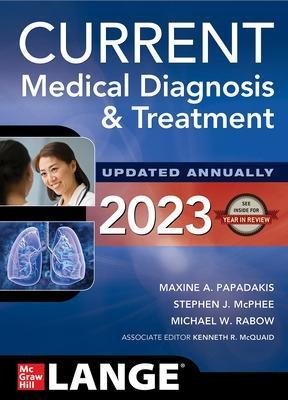
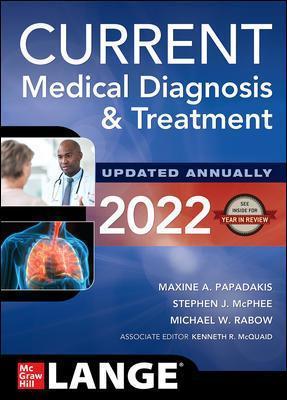
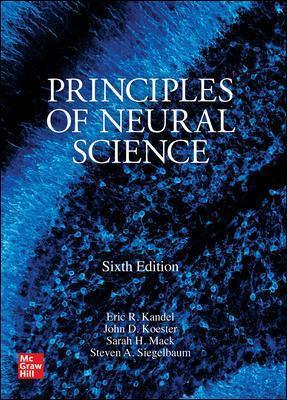

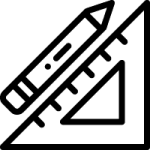
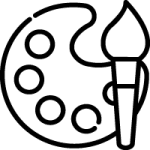


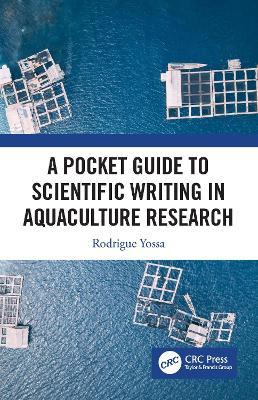
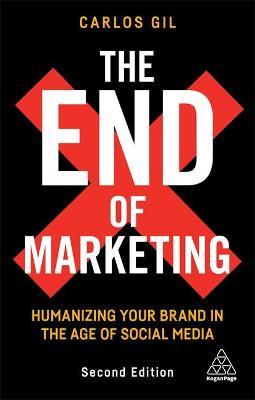




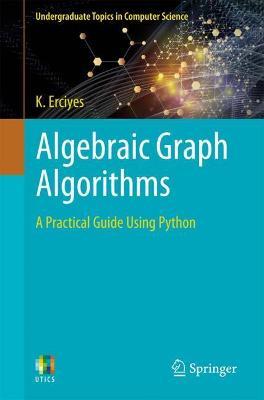
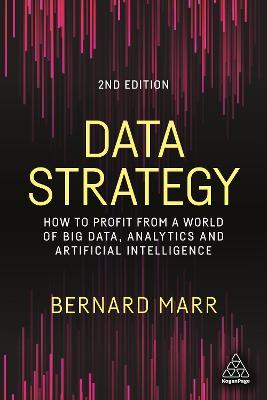

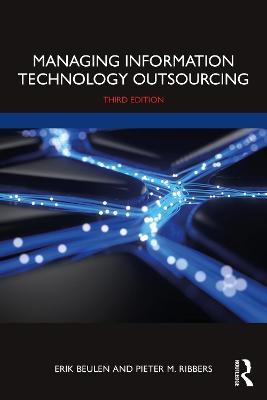
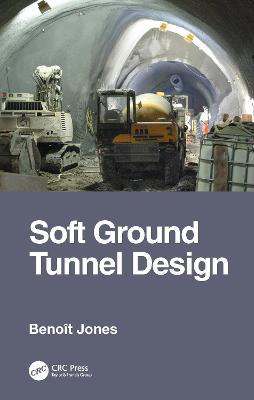
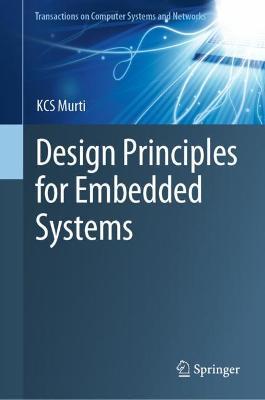
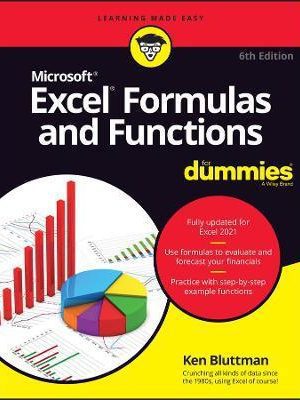
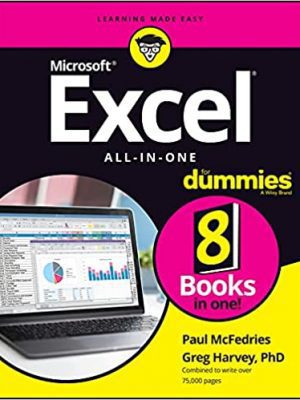

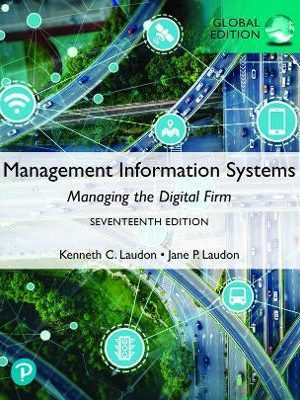
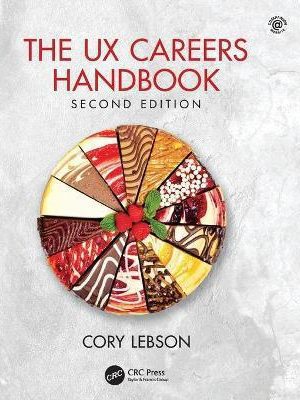
 Dentistry
Dentistry
Reviews
There are no reviews yet.